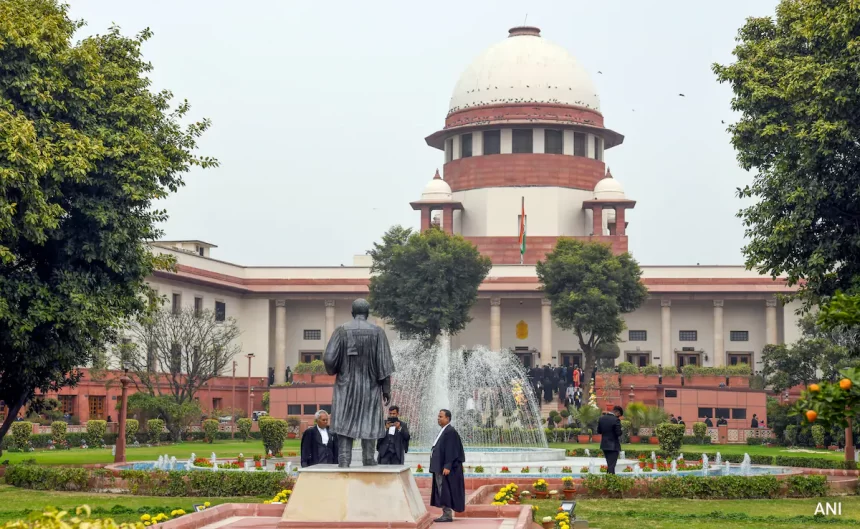In a landmark ruling on Thursday, the Supreme Court curtailed the Enforcement Directorate’s power to arrest an accused – under Section 19 of the Prevention of Money Laundering Act, or PMLA – if the accused appears as summoned by a special court that has taken cognisance of the complaint.
In such cases the agency must first seek that court’s nod, the top court said.
“After cognisance is taken of the offence… the ED and its officers are powerless to exercise powers under Section 19 to arrest the person shown as accused in the complaint,” the Supreme Court said.
Section 19 of the PMLA allows ED officers to arrest an individual “on the basis of material in possession (and) reason to believe (to be recorded in writing) that the person is guilty…”
Crucially, the agency must inform the individual, “as soon as may be” of the grounds for the arrest.
Specifically, the top court said in cases where an accused was not arrested till the time the ED filed its complaint, they could not be arrested afterwards. The special court must first issue a summons and, if the accused duly answers that summons, they could not been seen as being ‘in custody’.


Leave a Reply